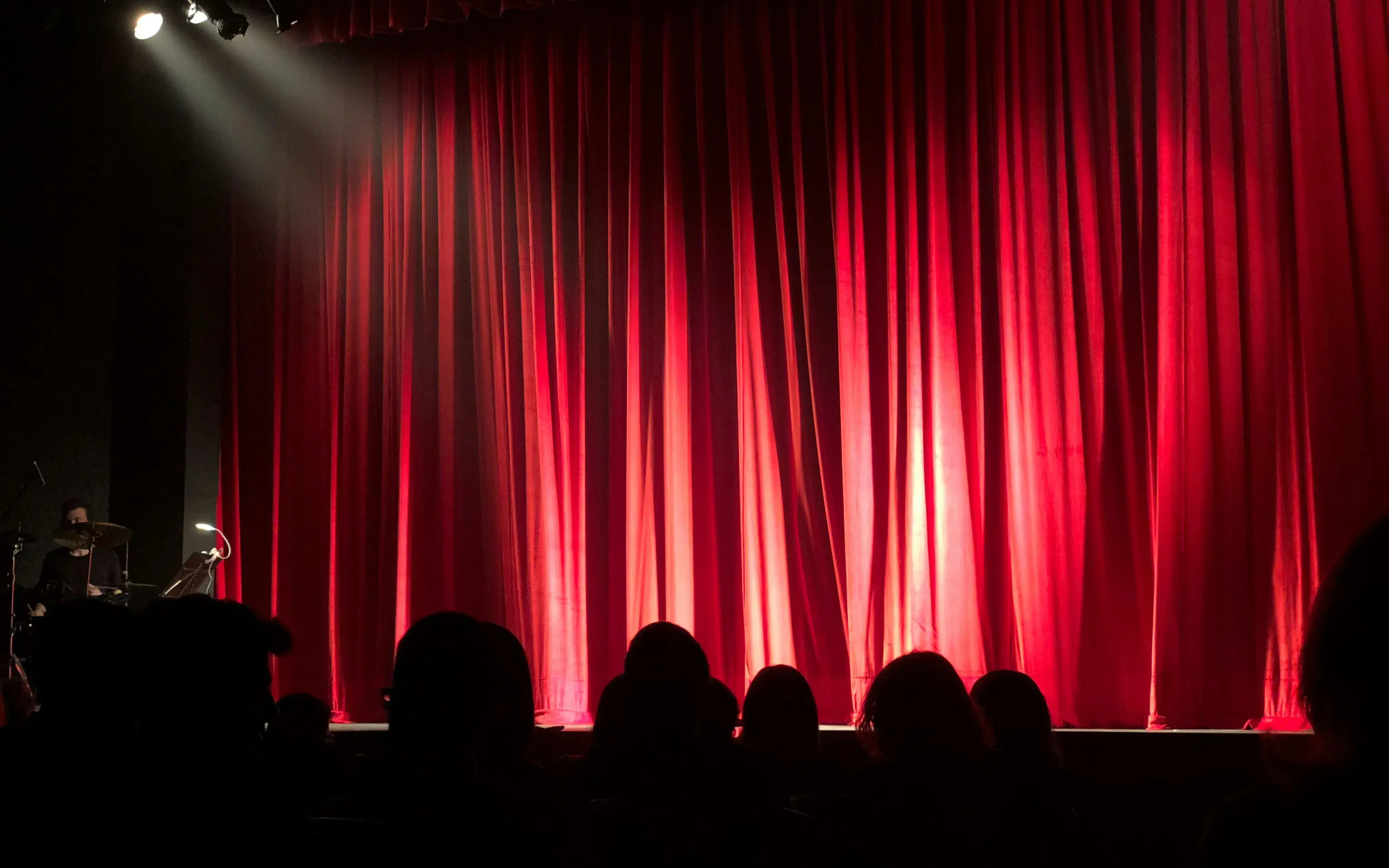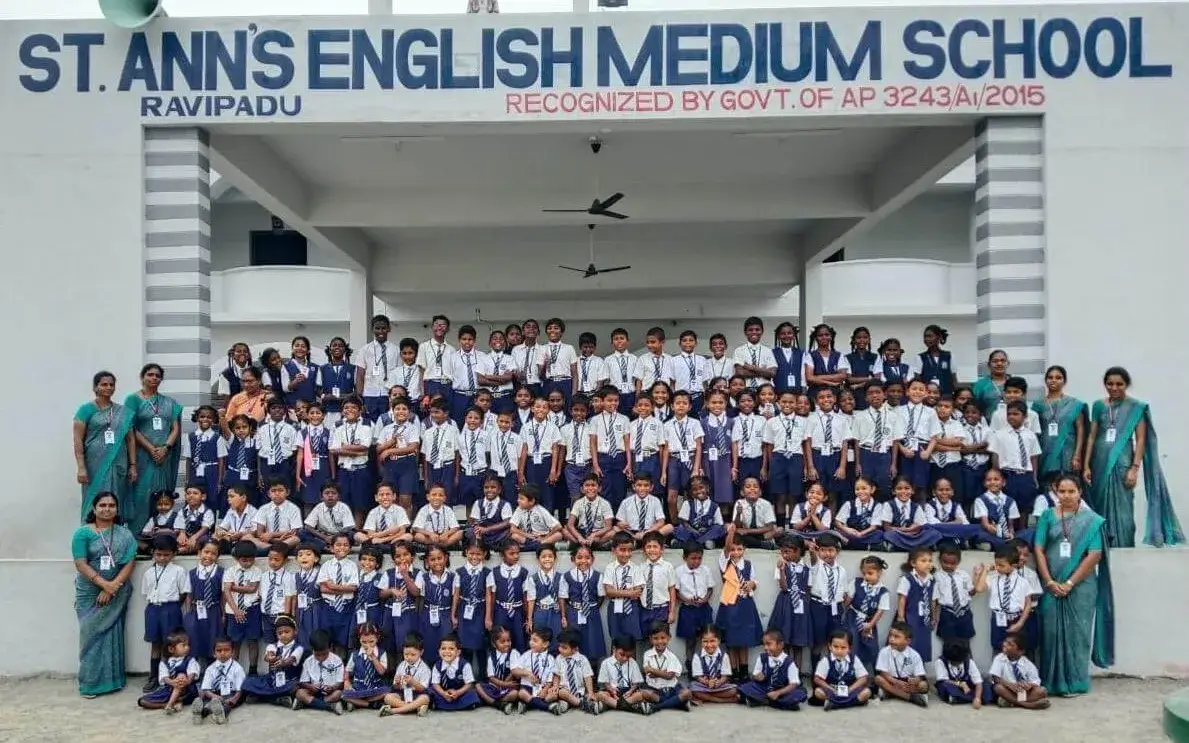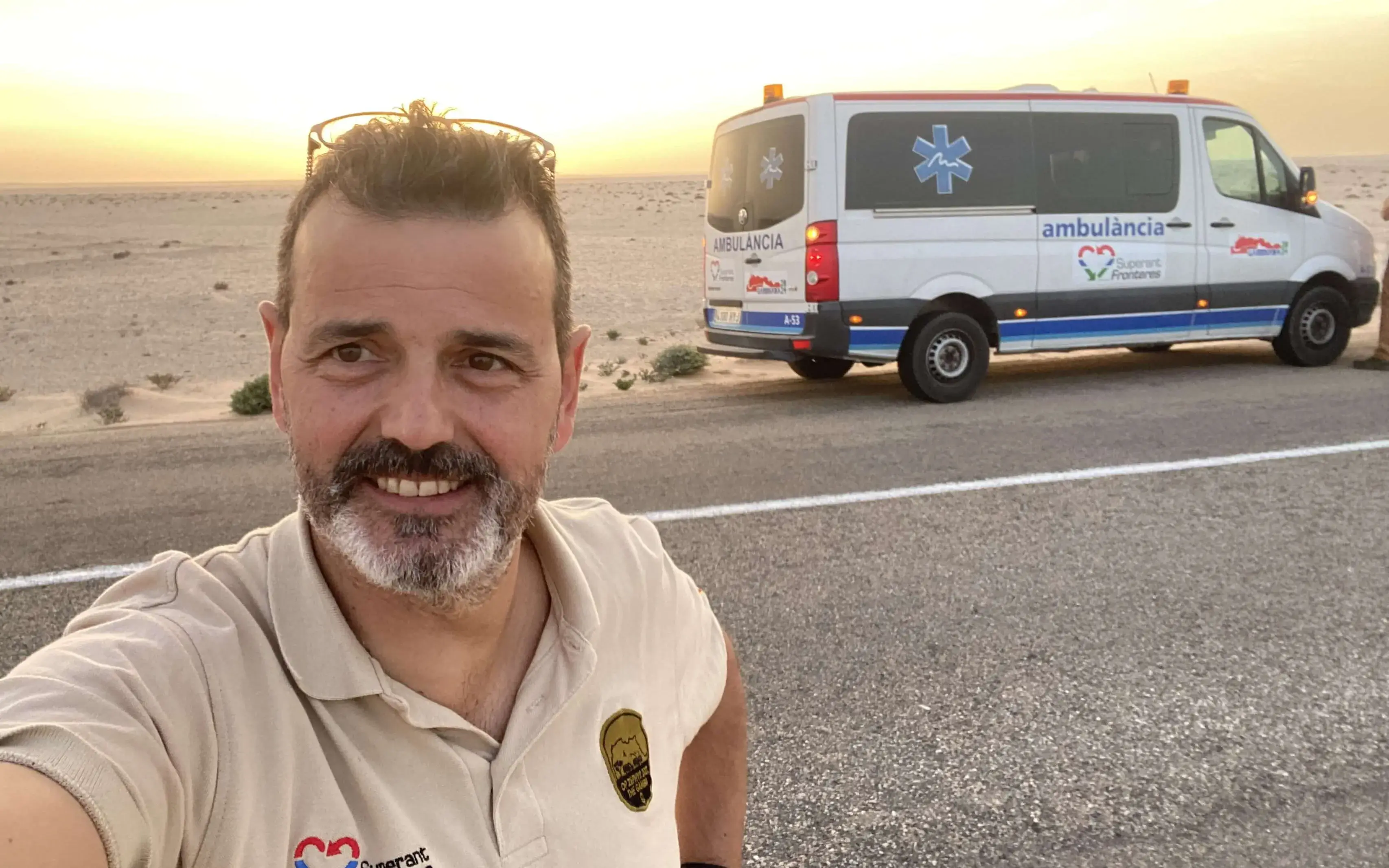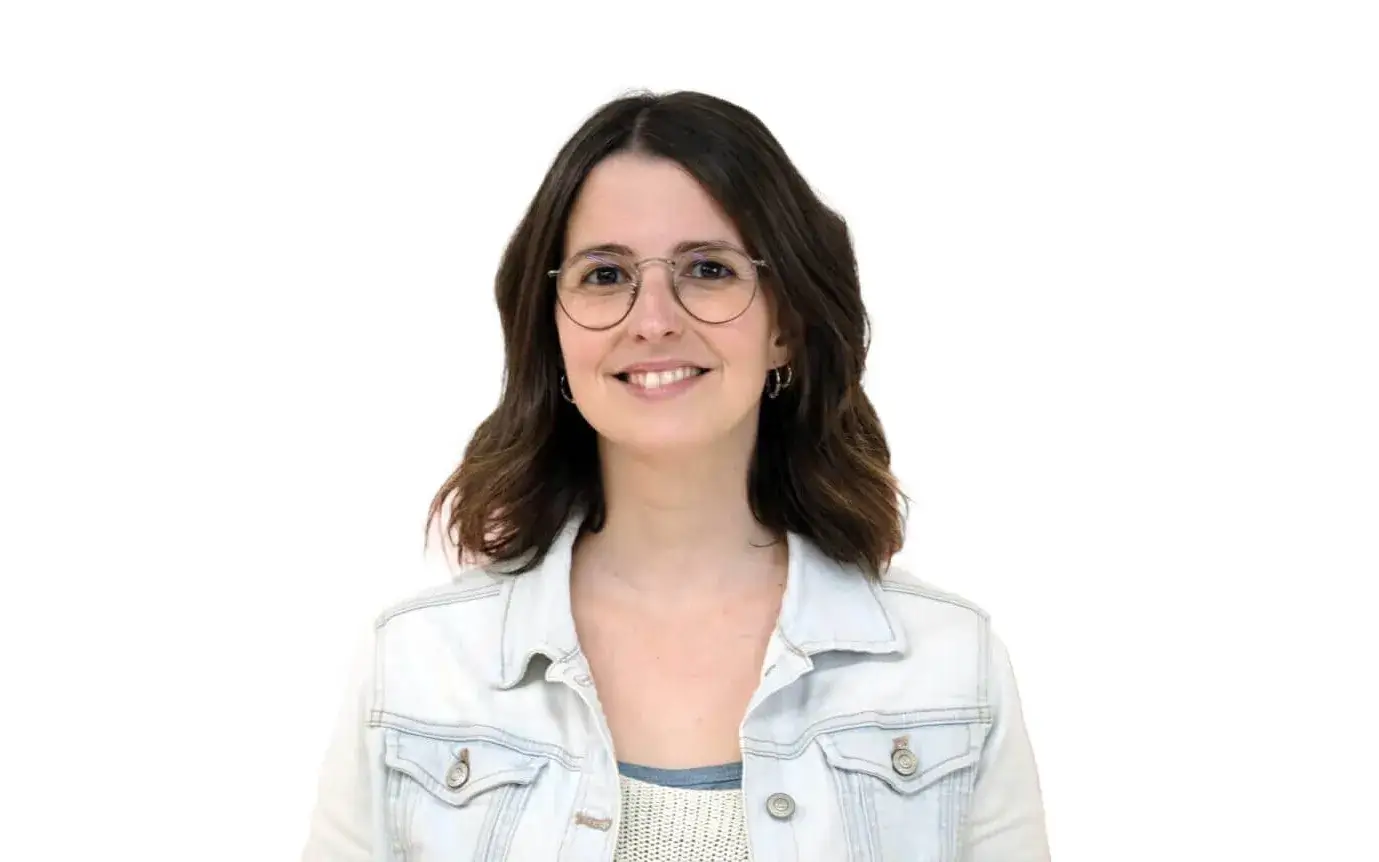The For a Smile in Africa Foundation (Por por sonrisa en Africa) has been focusing for two decades on improving the lives of young people and families in rural Senegal through education.
Mario Llonch and his wife Asun Fiochi changed the comfort of an affluent life in Catalonia to settle in a village in a rural area of Senegal without water or electricity. A business trip to the African country turned everything upside down. Twenty years later, they would do exactly the same thing again. During this time, through the For a Smile in Africa Foundation (Por por sonrisa en Africa), the lives of many young people and families in the Mbour area in the south of the country have changed. We talked to the founder and president of the organization, Mario Llonch.
The For a Smile in Africa Foundation is a very personal project.
These are just some things that, sometimes, happens without expecting them. Twenty years ago I traveled to Senegal for work, to do a real estate project. I was accompanied by my wife, who has always been very supportive and wanted to visit missionaries who worked in the country and whom I knew. This took us to a small town, where what we saw shocked us: there was absolutely nothing, not even a school for children. And that changed all to me.
What do you mean?
My wife suggested me to work with those missionaries, but I thought that if we really wanted to help, we should do everything right. We returned to Barcelona, set up an NGO and then moved to Senegal.
A radical change of life.
Twenty years ago, when we lived between Senegal and Catalonia, three months here and three months there. The change was so drastic that for the first ten years in Africa we lived without running water or electricity, in a small hut in the village.
Talk us about this second home in Senegal.
The village is called Mbackombel, and is located in the Mbour area, about eighty kilometers south of Dakar. It is a very rural area of the Sahel, and the population lives - or lives badly - from planting peanuts. If it rains, they have a harvest, but if it doesn't, they are left with nothing to eat or trade. It is a very difficult reality. When we arrived, there were about 50 inhabitants, and all but two were illiterate. Today, fortunately, things have changed a lot and there is a school with twelve classrooms, from kindergarten to primary school.
What is your model of cooperation?
The idea we had was to make a development always through the local population. That is, we do not want to create an agricultural project or a business, we want them to do it. And we are very clear: education is the key that opens all the doors. Without education or training, it is very difficult for these people to move forward.
And here you are.
We've been working there for twenty years and we already have kids with a degree in medicine, nursing, biology and more. It's about giving them the means to earn a living. Otherwise, they will continue to cultivate the same as they did sixty years ago and live in the same way. We have the satisfaction that we have done things right. Today, one of the girls in the village, for example, is the director of a high school student center in Mbour, and another is an English teacher.
What projects define you as an entity?
Especially in the field of education. We have the school with the best academic results in the whole province. Now, thanks to volunteers who help us, we are forming a group of young people in the world of new technologies, which we think will be the future. They have a network connection in the student residence. In addition, we helped create a dispensary and a maternity ward for the people of the village.
How many children and young people have benefited from your work?
We could count about nine hundred. We started from the base of a village of only about fifty inhabitants. And we've expanded our reach to the surrounding villages and set up a school bus so that the more children the better they can go to school and train for the future.
How do you sustain your projects?
We’ve got kids who are already in training and found work to get involved and help keep the projects going. It is a kind of condition that we put on them, when they can help, they have to give back to the community all that they have received. For example, they contribute a portion of the cost to the school. It is a self-feeding wheel. Besides, we continue to work to raise funds and invest them there.
Always in a sustainable and controlled way.
That's right, the investment we've been making for years is more or less the same. We do not seek to obtain large sums of money because we do not know what to do with it. If they offer me a hundred thousand euros, I don't have a project ready to invest in them, so I don't want them. If we ask for money we want to know exactly how and where we will invest it, and that we will be able to keep the project going.
Did you talk about volunteering, how important is it to the foundation?
It is very important, but we believe that the volunteer must be a person prepared to do the work we need him to do. To give you an example, we don't want volunteers to come and paint a school, because it's better for people there to do it and make money. We need prepared people: doctors, nurses, technicians…
Right now we have a fantastic group of volunteers who are helping us train in new technologies. A few weeks ago we started a cybersecurity course for children who are already ready to do so.
Many people approach you to find out what you do.
And we're glad that's the case. And I’m talking beyond volunteers. If anyone wants to come and visit Senegal and see what we do, we will receive them without any problems, we will prepare a good meal for them and we will welcome them very well. And we do it because when someone sees what we do, then it’s almost always one more person collaborating with us.
In the last twenty years, have you done a lot of work that has brought you and your family together?
It has given us so much more than we could possibly have imagined. It has allowed us to see and know a world very different from ours. I myself have brought my grandchildren there so that they can know another way of life and be aware of the needs that exist in the world. And there we are a few more, we can say that we have a second family in Senegal. On Sundays the kids come home to spend the day and play a game of football, we always have our doors open. And we would spend even more time there, but we have children and grandchildren here in Catalonia and we also want to dedicate ourselves to it.
"The idea has always been to develop through the local population".
Are there any figures or people who have been inspired by it?
When we started, my idea of who did this solidarity work best was the Vicente Ferrer Foundation. I was lucky enough to be able to talk to him, and over time, seeing how we did it, I can say that he inspired me.
How can we collaborate with the foundation?
I always say you don't have to have a lot of money to work with us. It can be done in many ways, from volunteering, by disseminating what we do or through contributions. There are all sorts of ways to do this on our website. And we have an open crowdfunding campaign to help us fund college scholarships for young people and to collaborate on the projects we have underway.
What do you have in mind for the future?
We are preparing the children that we have been able to help in their formation so that they are the ones who take the reins of the foundation, in the end it is for them. Many of them are already working with us, at school, at the student residence. And now with them we are setting up a small NGO to act as our counterpart. In addition, I am preparing a couple of people to take care of the work I do from Catalonia. I'm eighty-two years old and the highway is running out (laughs).
There is also a project he wants to launch.
The idea is to build a building with classrooms to teach English and new technologies. We want it to be a center, with a network connection, where people can go and do their projects, with spaces for children to develop their online business, for example, as a kind of coworking.









Add new comment